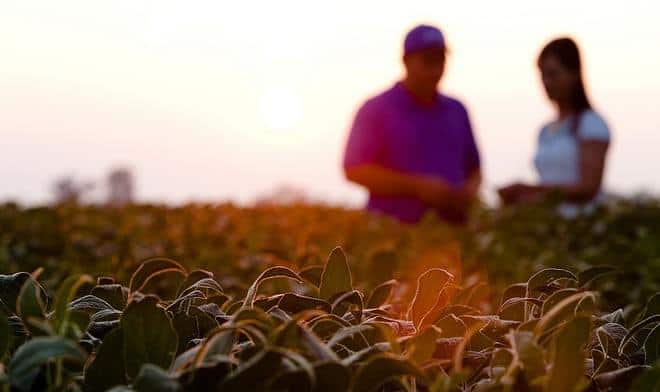
Buying local, organic foods supports sustainable agriculture in your community. It also promotes a safer food supply.
Getting conventionally grown produce from the farm to your plate requires a long distance travel. This means it loses vitamins and nutrients during transport.
Buying local, organic foods reduces transportation costs and helps farmers make a living. This is why organic hotspots like Carroll County, Maryland are growing!
How can I find local organic farmers?
There are a number of ways to find local organic farmers. One of the most popular is to look for a CSA program, which typically involves a subscription service that delivers a box of fresh produce each week or month. Other options include farmers markets, food coops and u-picks.
Another way to locate a farmer is by checking out your state’s agriculture department website and a USDA database for local markets. This information will give you a good idea of the types of products available and the seasonality of those offerings. Some markets have websites and even offer their own apps that make the process of finding a local farm simpler. The most important thing to remember is to keep your eyes open for the real deal and you’ll be happy you did. The best part is, you can be sure you’re buying something that was grown or made by someone you know and trust.
Why is it important to support sustainable agriculture?
Local organic farming is a key component in preserving healthy soil and supporting thriving communities. It does not rely on synthetic pesticides and fertilizers and is a great way to avoid harmful chemical run-off into our water systems.
Sustainable agriculture practices also minimize the use of nonrenewable energy and chemical inputs. Farms that utilize these methods tend to have a better financial situation than conventional farmers.
The world’s demand for food is skyrocketing. To meet this demand, farms must find ways to increase yields while minimizing the harm done to our environment. Ultimately, this requires a balance between economics, the environment, and community.
What are the benefits of buying organic foods from local farmers?
Local organic farming is good for the environment because it uses less water, energy and chemicals. It also sequesters more carbon in the soil than conventional farming and reduces food miles.
Buying locally also helps keep farmland in production when it might otherwise be developed. This keeps land in the community and helps to support family farmers.
It can be hard to know whether or not a food item is organic, so it’s important to shop around and ask questions. This way you can make an informed decision that is healthy for you and your family.
Each year the Environmental Working Group tests produce from grocery stores and creates a list of the “Dirty Dozen” and the “Clean Fifteen.” This can help you decide which fruits and vegetables are best to buy organic.
How does it impact the environment and the local economy?
Buying organic foods from local farmers supports sustainable agriculture practices and helps to protect the environment. These practices include promoting biodiversity and soil health, limiting external inputs, sequestering carbon in the soil, and using integrated holistic management approaches to pest, weed and disease control.
Organic farming also significantly reduces pollution by preventing the use of synthetic fertilizers and pesticides. Instead, farmers use organic fertilizers like compost, animal manure, and green manure.
These practices improve the soil’s water holding capacity, making it more resilient to drought. They also decrease the need for synthetic fertilizers and reduce groundwater pollution through better nutrient retentive abilities.
Besides protecting the environment, organic farming also strengthens the local economy. It creates jobs, increases household income, and lowers poverty rates.
Frequently Asked Questions
What is an organic food producer?
Organic food producers produce organic foods that are free from pesticides and other chemical fertilizers. These foods include fruits as well vegetables, grains and dairy products.
Organic food production occurs on farms that have their crops grown naturally. This includes soil preparation, pest controls, and crop rotation.
USDA (United States Department of Agriculture), has strict requirements for agricultural products to be certified organic.
These guidelines will ensure that consumers have safe, healthy, and nutritious food.
Organic food has many benefits, including lower pesticide residues and higher levels of heavy metal contamination as well as better nutrition and flavor.
USDA certified organic products must bear the USDA Certified Organic label.
This certification means the product has met the standards of the National Organic Program.
As well as ensuring that we eat healthier, organic food also helps protect our environment.
Organic farming methods help conserve natural resources like water and land. In addition, organic methods reduce greenhouse gas emissions, which cause climate change.
Organic agriculture uses fewer chemical inputs and pollutes less.
It improves air quality as harmful gases such nitrates or ammonia are less likely to accumulate in the atmosphere.
There are many forms of organic farming.
Conventional farming uses synthetic inputs such pesticides and fertilizers.
Regenerative farming involves compost, cover crops, and green manures to improve soil health. It encourages biodiversity.
Agroecology focuses on sustainable relationships between people, plants, and animals.
Permaculture is a system that mimics nature and promotes self-sufficiency.
Is organic meat more nutritious?
If you have been paying attention for long enough, you will probably know the answer. The problem is that organic food is increasingly popular, but conventional food continues its decline.
Organic foods are becoming more popular because they are better for us. Organic foods are safer for our bodies and help to reduce pollution.
There are many sides to this coin. Organic produce takes longer to grow, and it requires more resources. Organic food can be more expensive than its nonorganic counterpart.
Organic meats are generally more expensive than conventionally raised animals. However, it is possible to reduce costs without compromising on quality.
Locally grown produce is a great way to save money. Buying locally grown fruits and vegetables helps keep prices low because farmers receive incentives to grow healthy crops.
Another way to cut costs is to look for deals. When you purchase organics, there are often discounts.
Consuming less meat is another way to save cash. Feeding livestock can be very expensive.
There are many reasons organic foods are better for our bodies and the environment, but we need to be mindful of the cost.
Are there health benefits to eating organic food?
Even though organic foods might not be for everyone, there are some health benefits. There are certain health benefits to those who consume organic foods regularly.
Organic food is grown without the use of pesticides herbicides fungicides hormones antibiotics or genetic engineering. Organic produce is not grown with harmful chemicals that could pose a risk to human health.
Also, there are fewer additives that are used in processing. Organic products are likely to be healthier than nonorganic.
Studies have shown organic foods have more nutrients and antioxidants that conventionally grown fruits, vegetables.
While organic farming is more expensive than traditional farming, it often produces better results. Organic agriculture encourages soil fertility, biodiversity and biodiversity.
This helps conserve water resources and protects against erosion. Organic farms require less fuel and energy because they don't contain toxic chemicals.
Some people worry that organic foods are more expensive than conventional ones. However, prices vary depending on where you live. For example, organic apples can be more costly than conventional apples.
You'll be able to see the difference in price if you add up all of the fruits in a single basket.
Do you want to go organic?
It all depends on your personality. You shouldn't bother if you don't enjoy organic food.
Organic food is available if you are a fan of good food. Organic food is safer because organic produce is not grown by commercial growers who use pesticides and chemical fertilizers.
Organic agriculture conserves the environment and promotes biodiversity.
Is organic food better for us?
According to the Environmental Working Group's recent report on pesticide residues within foods, organic fruits & vegetables contained nearly half of the pesticides that non-organic varieties. They discovered that organic apples contained eight more pesticides per gram than non-organic ones, while organic strawberries contained four times as many pesticides.
Another study suggests that organic food can reduce exposure to toxic metals such as lead and mercury. For instance, one study showed that children who consumed organic meat had 33% less blood lead levels than children who did not. Another study concluded traditional fish should not be consumed by pregnant women, due to high mercury levels.
Organic food is generally safer than non-organic. Experts recommend that fresh produce and vegetables be used whenever possible to reduce your chances of developing cancer.
Statistics
- According to a study performed by consumerreports.org, organic products, compared to non-organic products, ranged anywhere from 13 percent cheaper to 303 percent more expensive. (en.wikipedia.org)
- When packaged products indicate they are “made with organic [specific ingredient or food group],” they contain at least 70% organically produced ingredients. (usda.gov)
- Once certified by the USDA, it can fall into one of four categories: "100 percent organic", "organic," "made with organic ingredients," or "made with less than 70 percent organic ingredients. (en.wikipedia.org)
- As for organic meat, regulations require that animals be raised in living conditions that accommodate their natural behaviours (like the ability to graze on pasture), fed 100% organic feed and forage, and not administered antibiotics or hormones. (usda.gov)
External Links
ota.com
doi.org
- A Review of Journal of Toxicology and Environmental Health: Cancer Risk and Occupational Pesticide Expositions: Part B: Vol 15, Number 4
- Genetically modified food safety and public concerns: a review by Journal of Food Science and Technology
ewg.org
sciencedirect.com
- Organic food and the impact on human nutrition: A comparison of the status-quo and potential research - ScienceDirect
- Technical note: Simultaneous carotenoid and vitamin analysis of milk from total mixed ration-fed cows optimized for xanthophyll detection - ScienceDirect
How To
Is there anything negative about buying organic products?
Organic food is well-known for its many health benefits. However, organic foods have their drawbacks. There are also higher consumer prices and lower quality standards.
There's nothing wrong with wanting more variety when it comes to groceries. But we've been conditioned to expect cheap foods that taste awful. That's why you'll find most grocery stores stocked with identical prepackaged products.
Organic food is popular because it is healthier and tastes better. How can you convince people to pay a little more?
But you could still tell them that organic foods are more expensive. Organic food tastes better, but that doesn't make it any less expensive. They might be suspicious of your motives.
It is better to emphasize its positive aspects. Organic food has more nutrients, and is free of pesticides and other antibiotics. Plus, it's grown without synthetic fertilizers and herbicides, which means it's healthier for us and our environment.
Many people don't want to eat organic food because it is too expensive. They may find that spending just a few dollars per Week is worthwhile if they consider the health benefits.
Organic food tastes better, because it's made under strict guidelines to prevent contamination. As a result, it tends to retain more vitamins, minerals, and antioxidants.
Organic food tastes better as it is harvested later in season. This makes it fresher and easier to digest.
Organic food is often cheaper as it's grown organically which requires less labor and fertilizer.
Resources:
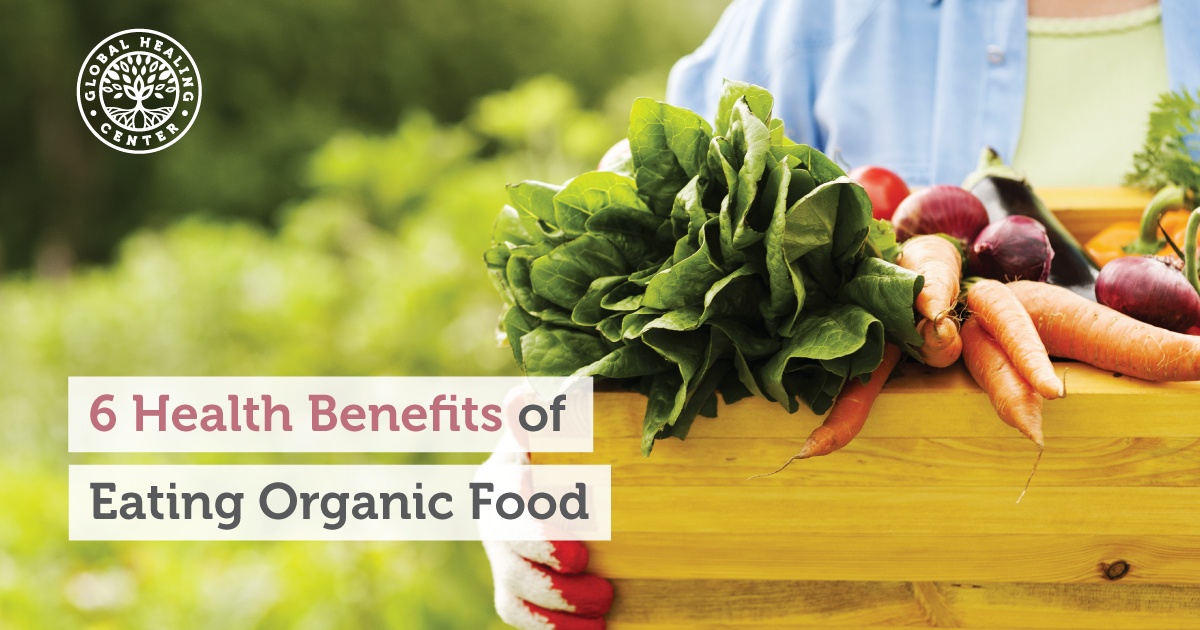 |
Nuts and SeedsNuts and seeds are nutrient-rich crunchy tidbits that add a protein, fiber and healthy fat punch to meals and snacks. They’re also a great source of.. |
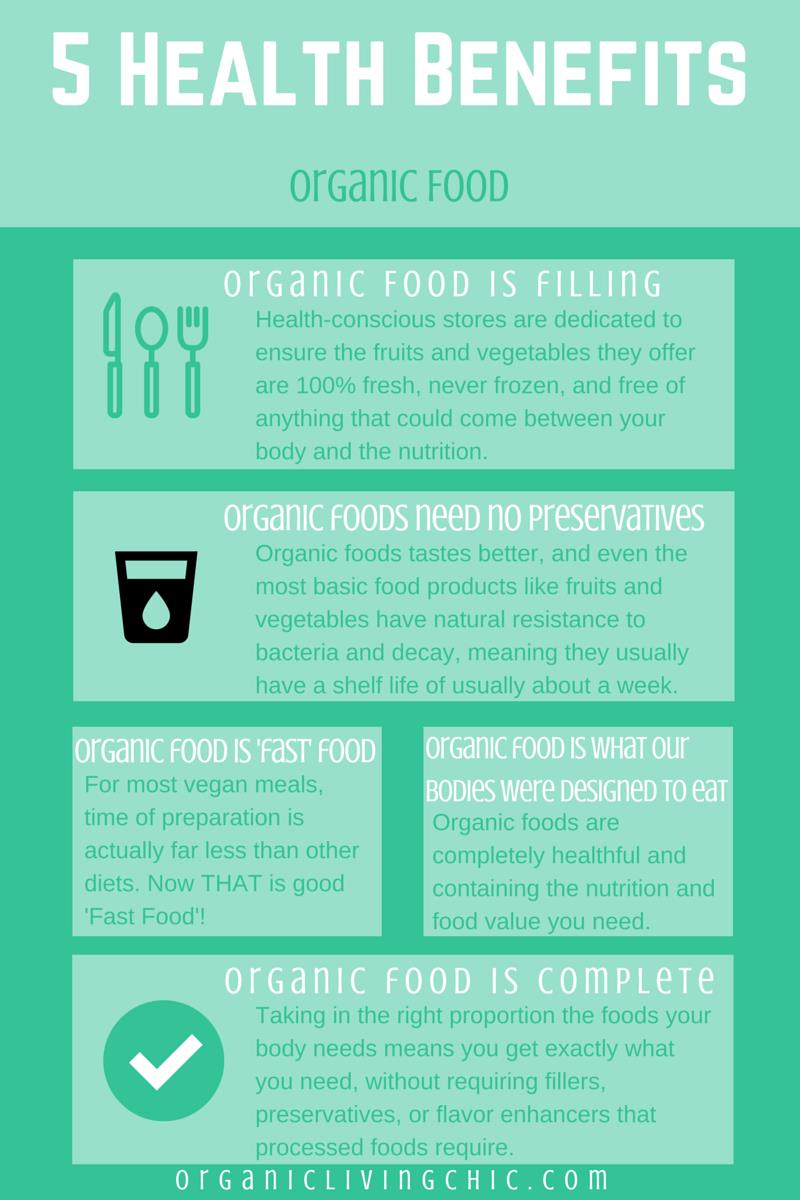 |
Organic Food For A Six Pack? The TRUTH About Organic vs Conventional Foods!Get ripped and keep your strength: http://goo.gl/uLzHn6 Hey guys, it's Clark over at Six Pack Shortcuts and today we're gonna talk about organic vs |
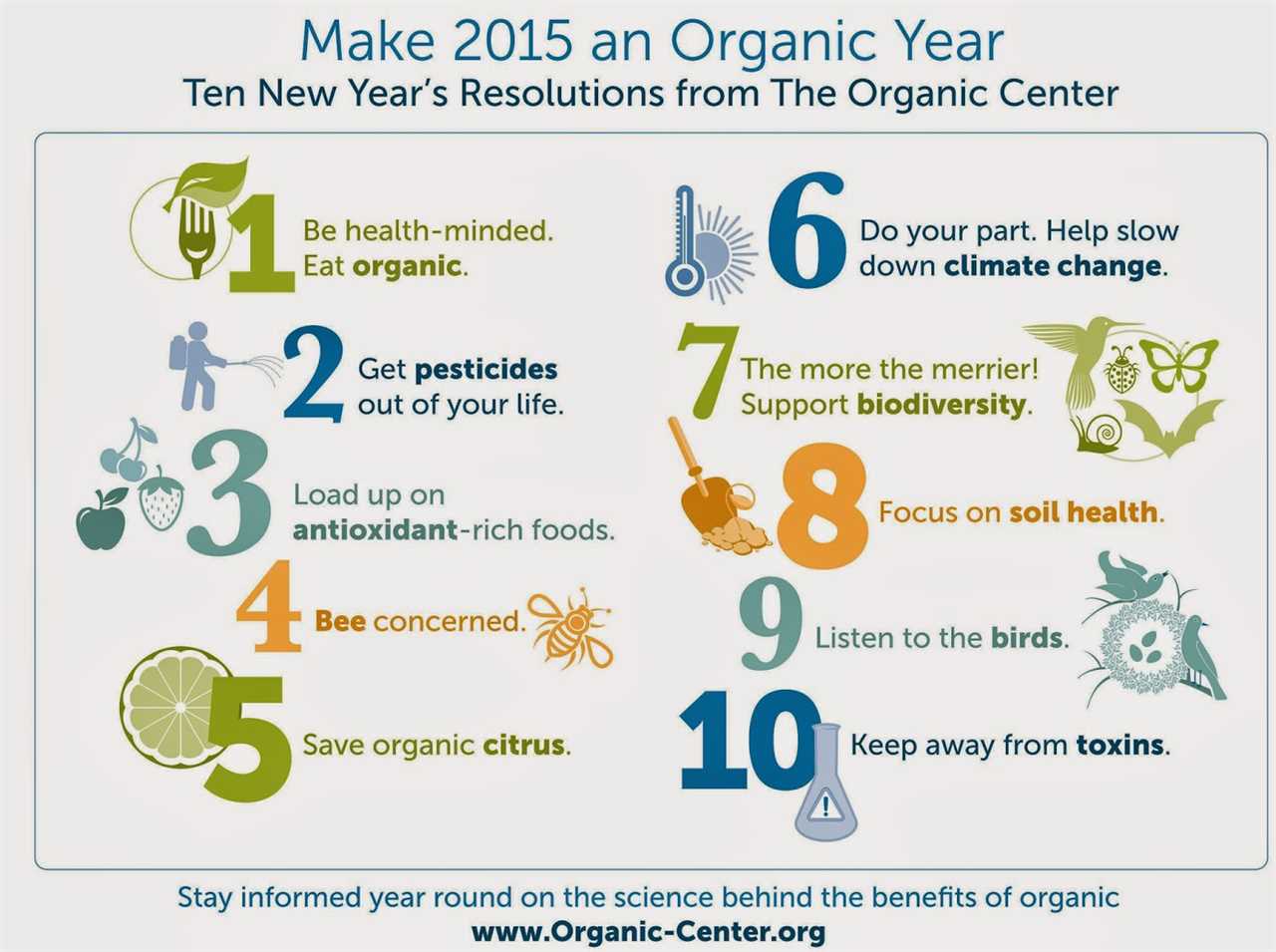 |
Organic vs Conventional Produce - The Dirty Dozen & Clean 15 ExplainedClick https://skl.sh/flavcitywithbobbyparrish to get 2 months of Skillshare for FREE! Here is a full review of the dirty dozen fruits and vegetables and |
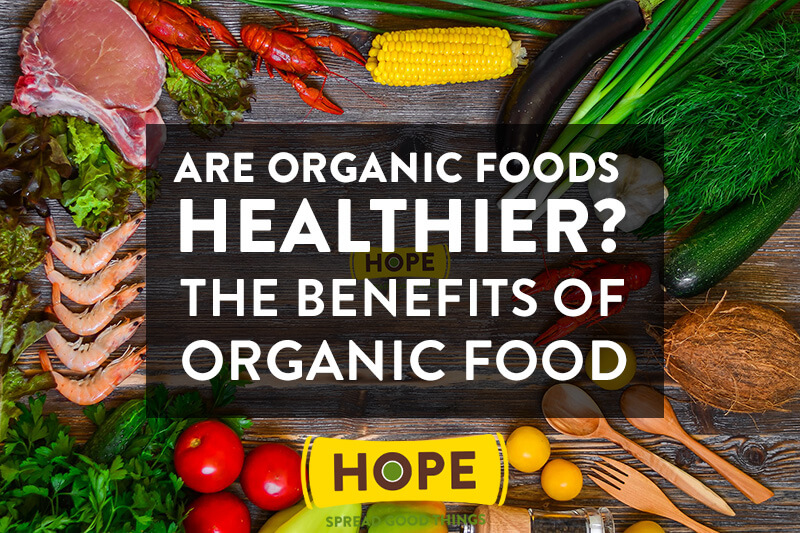 |
Are Organic Foods Really Healthier?It's widely believed that organic foods are more nutritious and safer than non-organic foods, even though the evidence is far from clear. Food certified as |
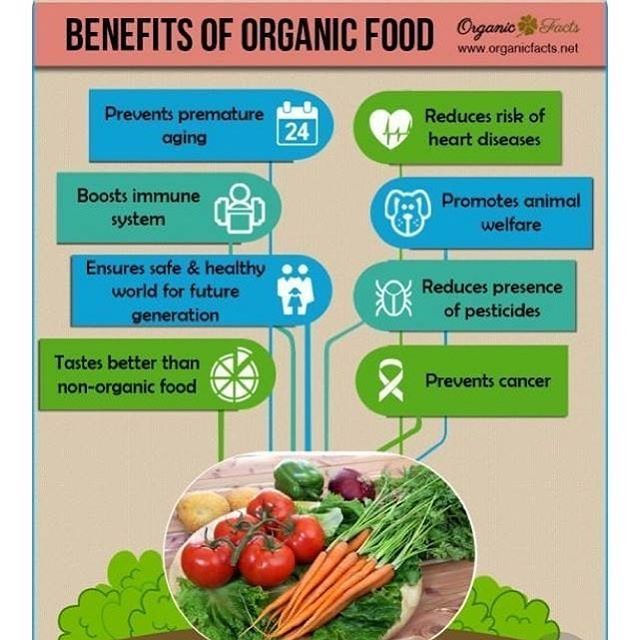 |
Are GMOs Good or Bad? Genetic Engineering & Our FoodAre GMOs bad for your health? Or is this fear unfounded? OUR CHANNELS German Channel: https://kgs.link/youtubeDE Spanish Channel: |
 |
How the food you eat affects your brain - Mia NacamulliView full lesson: http://ed.ted.com/lessons/how-the-food-you-eat-affects-your-brain-mia-nacamulli When it comes to what you bite, che […] |
 |
Is Buying Organic Food Worth The Cost?Subscribe to Goodful: https://bzfd.it/2QApoPk Goodful Goodful Feel better, be better, and do better. Subscribe to Goodful for all your healthy self care |
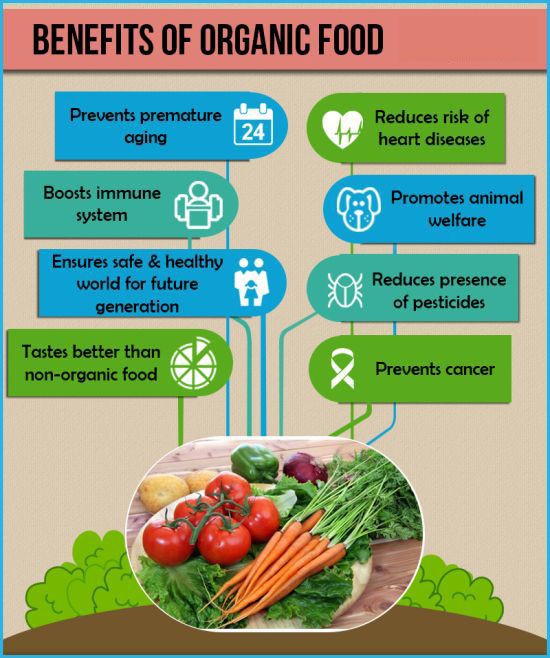 |
Benefits of Choosing Organic Gluten-Free OptionsIf you’ve been diagnosed with gluten sensitivity or celiac disease, you know how hard it can be to avoid foods containing wheat and other grains. But |
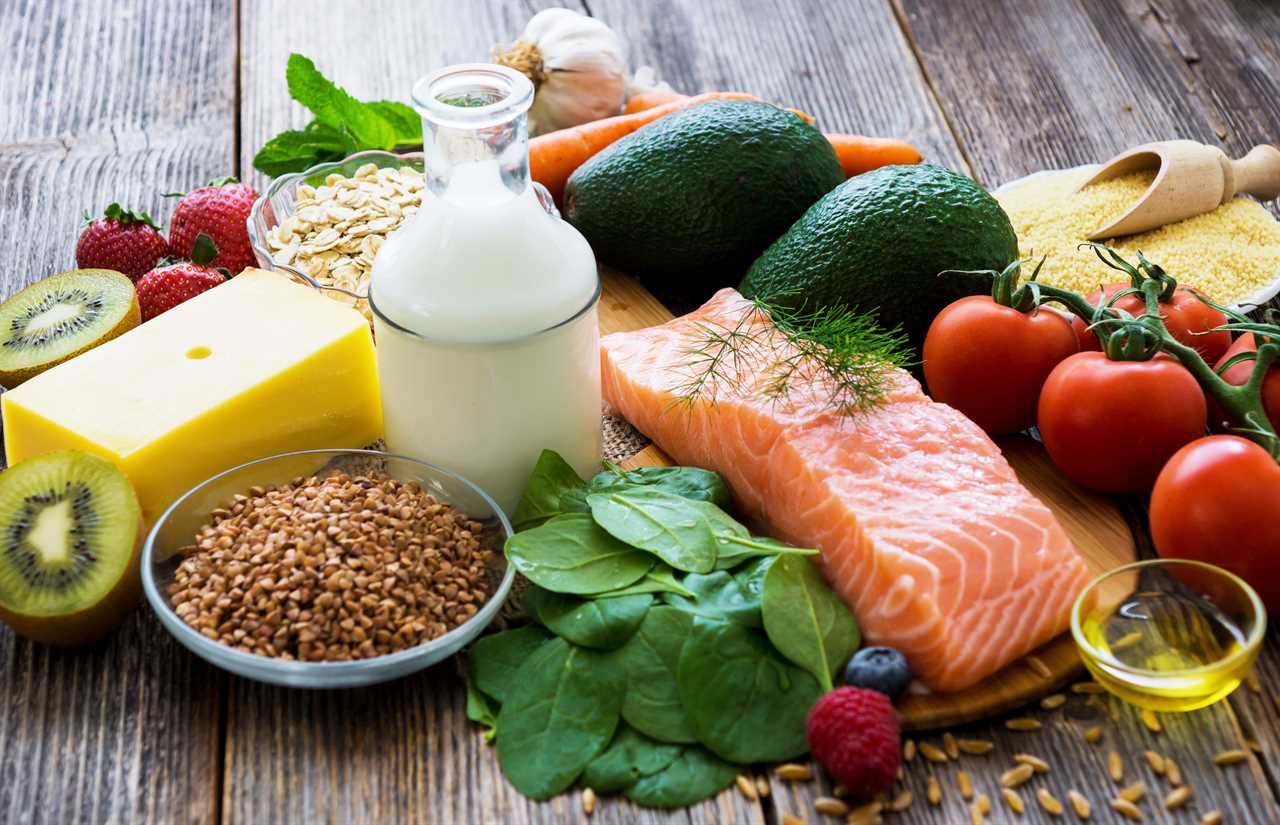 |
Joseph Wang LIVE (Bank Bailouts and Moral Hazards Deep Dive)buy my stuff Come to rebel capitalist live at https://rebelcapitalistlive.com Check out my private, online investment community (Rebel Capitalist Pro) |
 |
Organic Farming and Soil HealthOrganic farming practices promote soil health through crop rotations, symbiotic associations, cover crops and minimum tillage. These management.. |
 |
Research Reveals How Your Body Reacts When You Eat Only Organic FoodsThere is a growing belief that organic foods are healthier for us than non-organic foods. This ever-increasing belief is responsible for significant growth in |
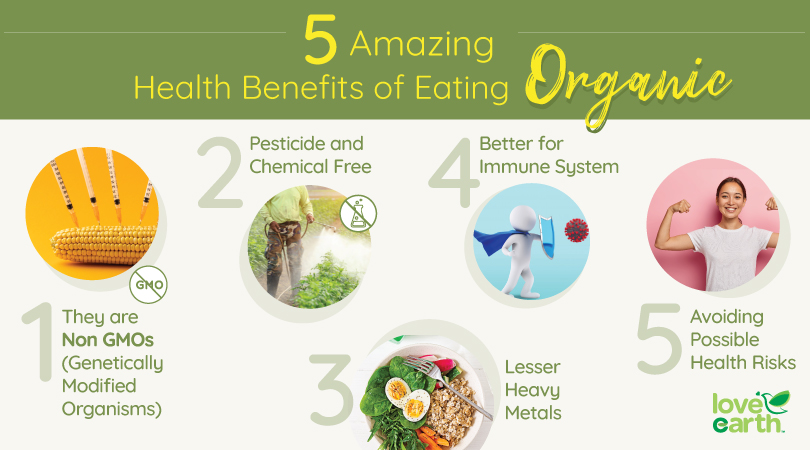 |
Stop Wasting Money on These ORGANIC Veggies (you don’t need to buy them organic)Click Here to Subscribe: http://Bit.ly/ThomasVid Get MY Recommendation on Groceries Delivered to Your Doorstep with Thrive Market: http: […] |
 |
If You Eat an Avocado a Day For a Month, Here''s What Will Happen to YouWhat Will Happen to Your Body If You Eat Avocado Every Day. The avocado is a unique fruit with multiple nutritional and health benefits. How would your body |
 |
Korean GardeningKorean gardening is one of the oldest ways to grow plants. It involves planting herbs, fruits, and vegetables that are used in kimchi, a type of.. |
 |
The Rodale InstituteThe Rodale Institute is a nonprofit organization that aims to support research into organic farming. It was founded in 1947 by J. I. Rodale, an.. |
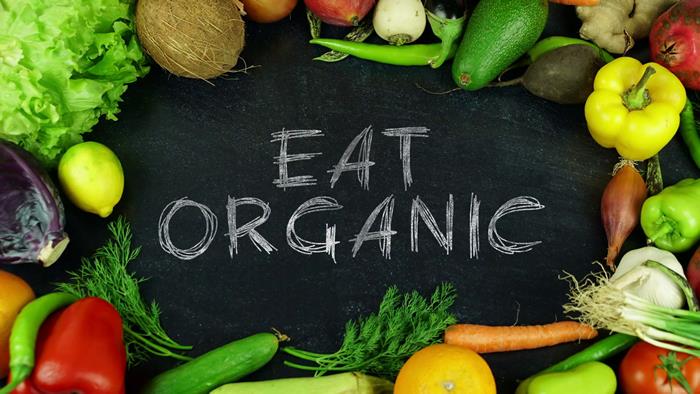 |
Organic eatingOrganic Cultur |
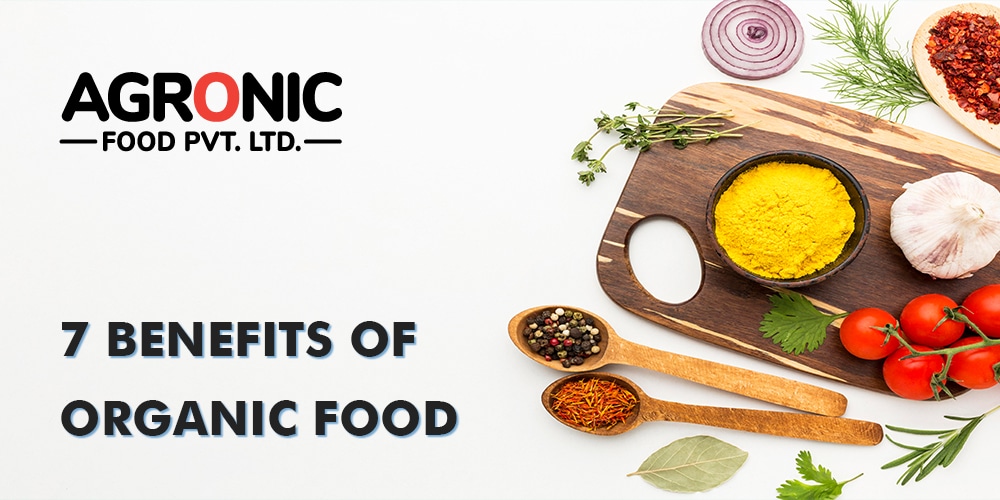 |
What is a Conventional Farm?Conventional farm is the term used to describe a farm that is not organic. It is a form of agriculture that is associated with better soil quality,.. |
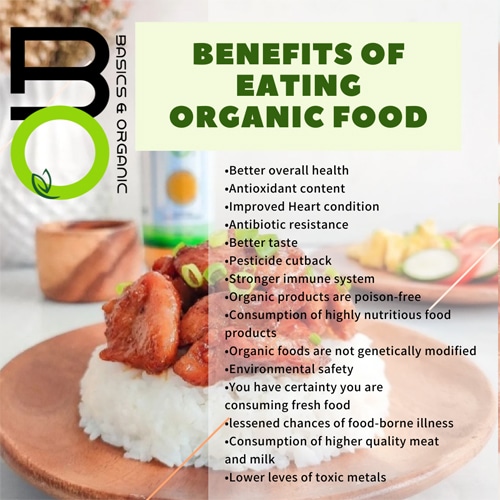 |
Chhattisgarh's Organic Farming SchoolsThe government of Chhattisgarh has started to introduce organic farming schools. This initiative is intended to provide the young generation with the |
 |
Can Organic Be GMO?The question Can organic be GMO is an ongoing debate among many consumers. While it's possible to eat foods that have been produced using genetic.. |
 |
When Did Organic Food Start?The answer to the question when did organic food start? will vary depending on the time period in which you are looking at. For instance, it may be a |
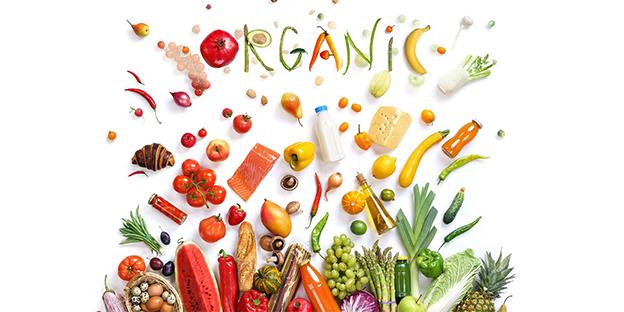 |
Organic Farming PrinciplesOrganic farming is a practice that is designed to be sustainable and healthy. Its principles include avoiding harms produced by industrial farming.. |
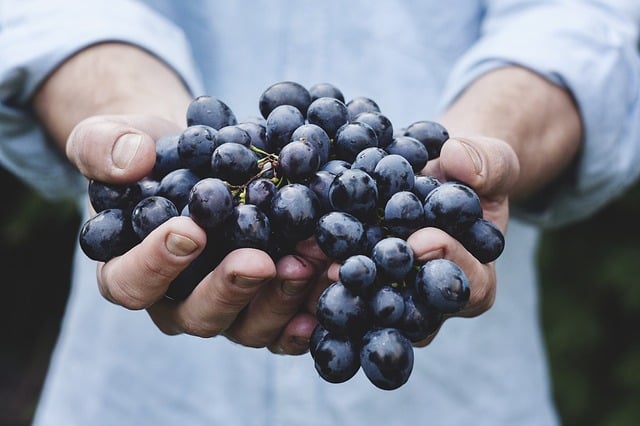 |
Soil Composition and BiodiversityThe soil that we have around us is a vital part of our lives. It is the home for many plants and animals. It also has a texture, a color, and many.. |
 |
The Benefits and Pitfalls of Organic Farming OrganizationsOrganic farming is an approach to farming that is not only ecologically sound, but also financially feasible. It is a method that is free from.. |
 |
Exotic VegetablesWhen it comes to vegetables, there are plenty of choices to choose from. Some of the most popular choices include broccoli, corn, carrots, and.. |
 |
Learn How to Become an Organic Farmer Through a Training ProgramIf you are looking to become an organic farmer, there are several ways you can do so. One option is to take a training program that will teach you.. |
 |
Benefits of Cover CropsIf you aren't familiar with cover crops, you may be surprised to learn that they are plants that are planted to grow on top of the soil to help.. |
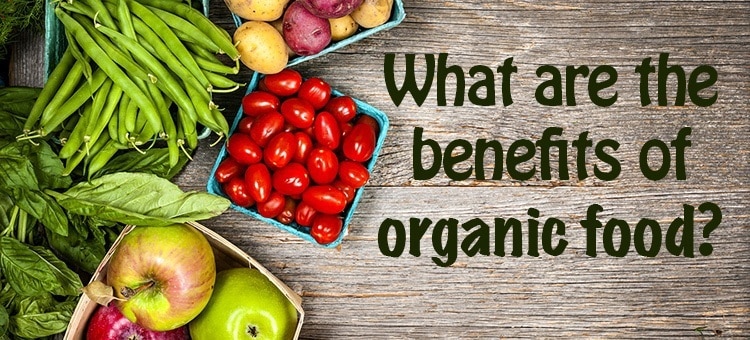 |
What is Organic Cotton?Organic cotton is the type of cotton that is grown without using pesticides or chemicals. It is also the type of cotton that is grown in subtropical.. |
 |
Is Organic Farming Beneficial to Biodiversity?Organic farming is a growing interest in the scientific community, and researchers have been investigating whether the practice is beneficial to.. |
 |
The Benefits of CompostingComposting your waste can be a very effective way of ensuring that your organic material is being broken down to the best of its ability. When.. |
 |
The Difference Between Organic Milk and Regular MilkOrganic milk is a type of milk that comes from livestock that is raised according to organic farming methods. This is a term that is regulated by.. |
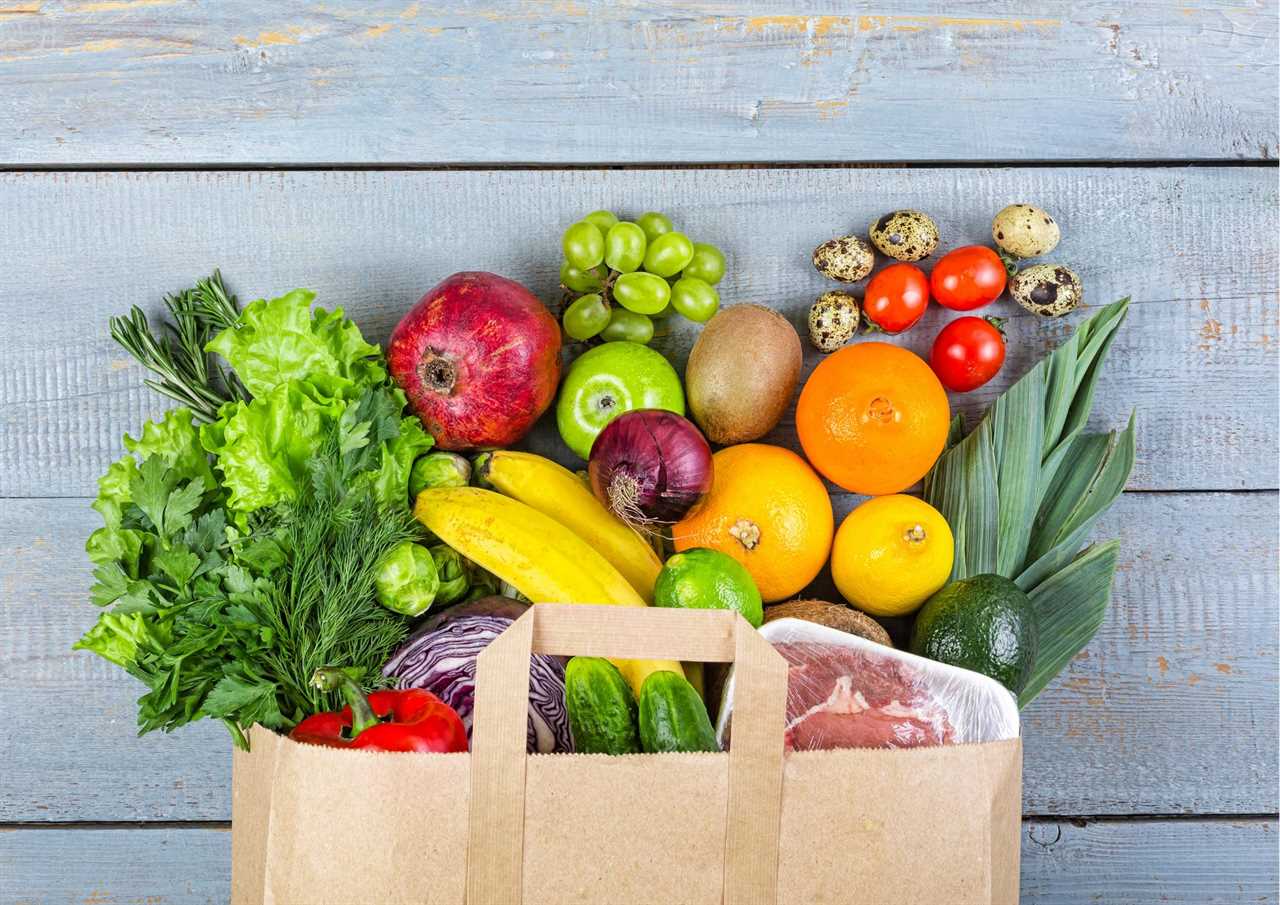 |
Organic Farming MagazineOrganic farming magazine is a resource that provides you with the latest information on organic agriculture, health, and sustainability. It also.. |
 |
The Latest Research on Organic | The Organic CenterResearched articles about eating Organic food |
.png)





